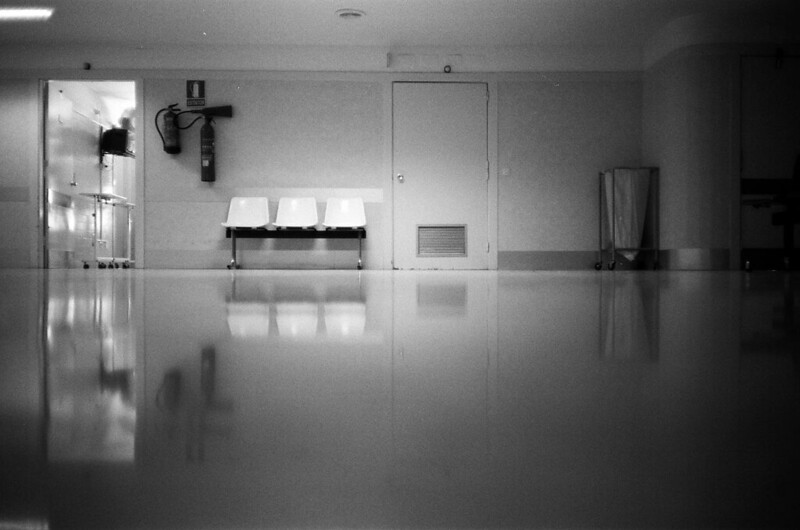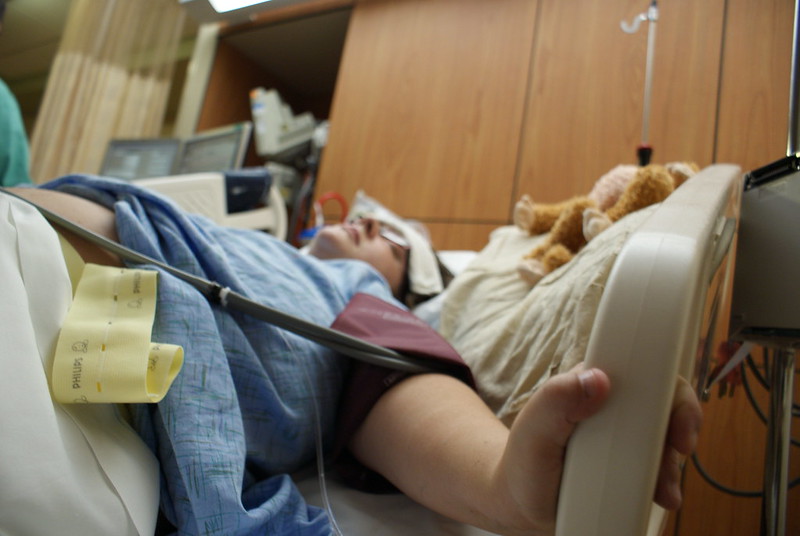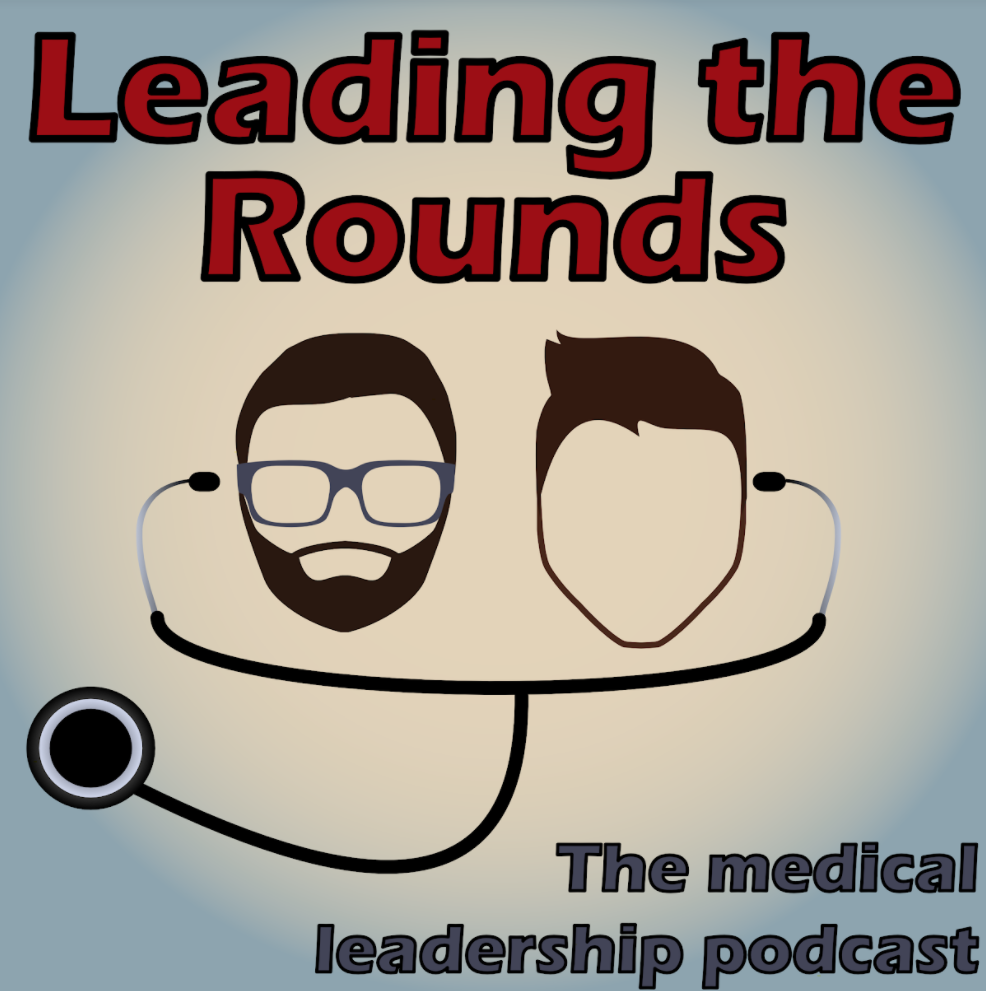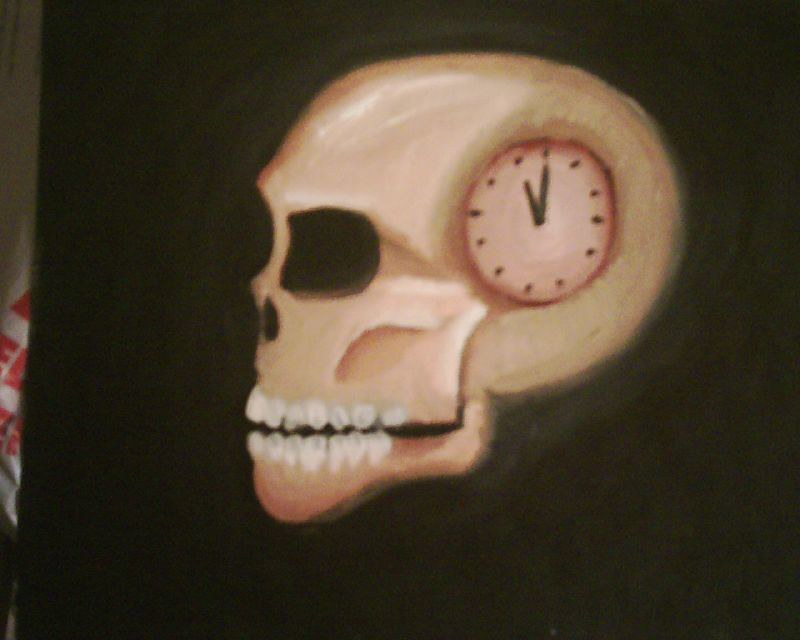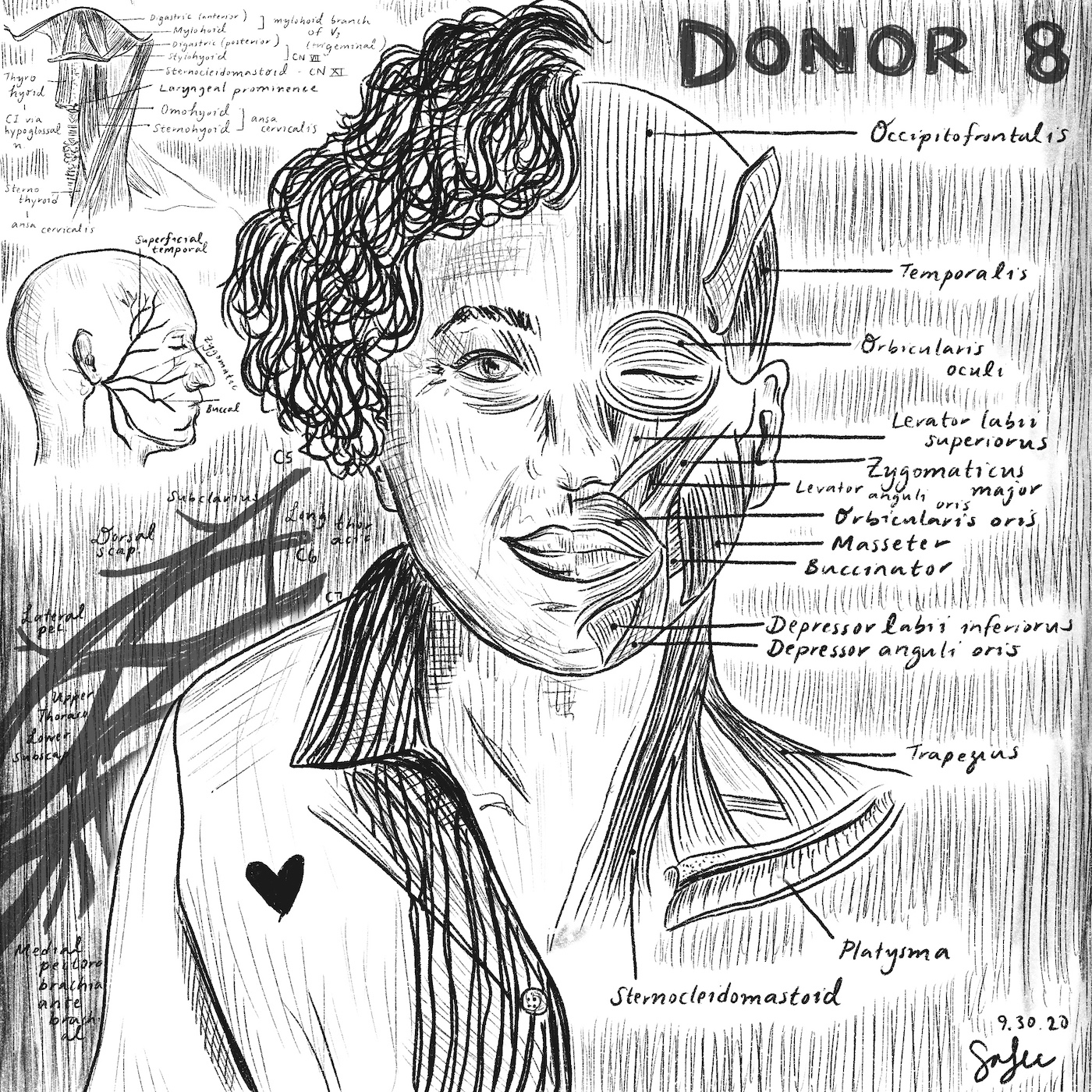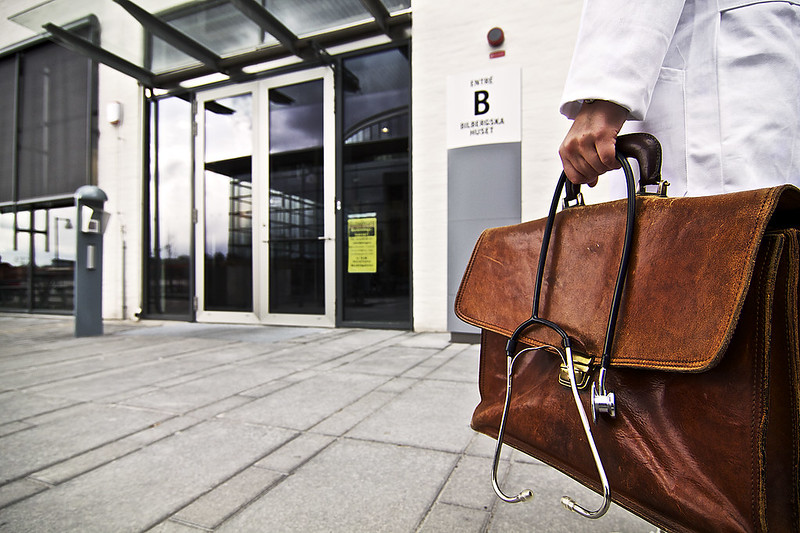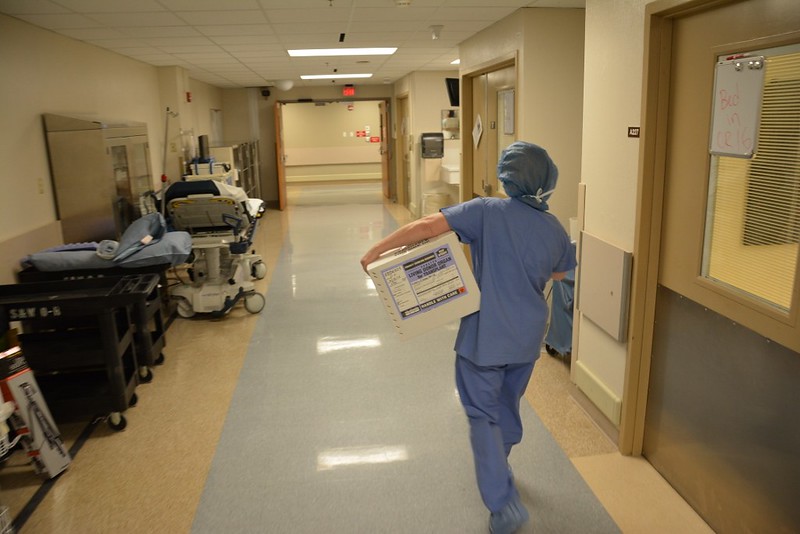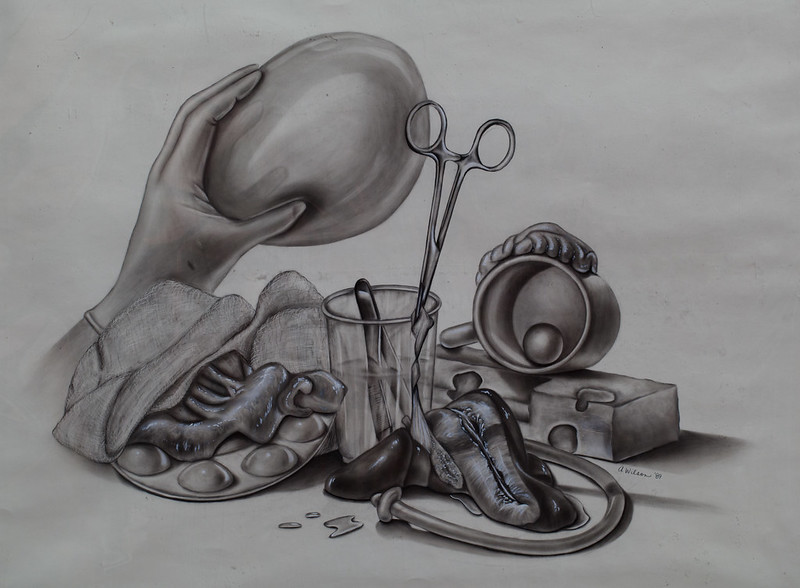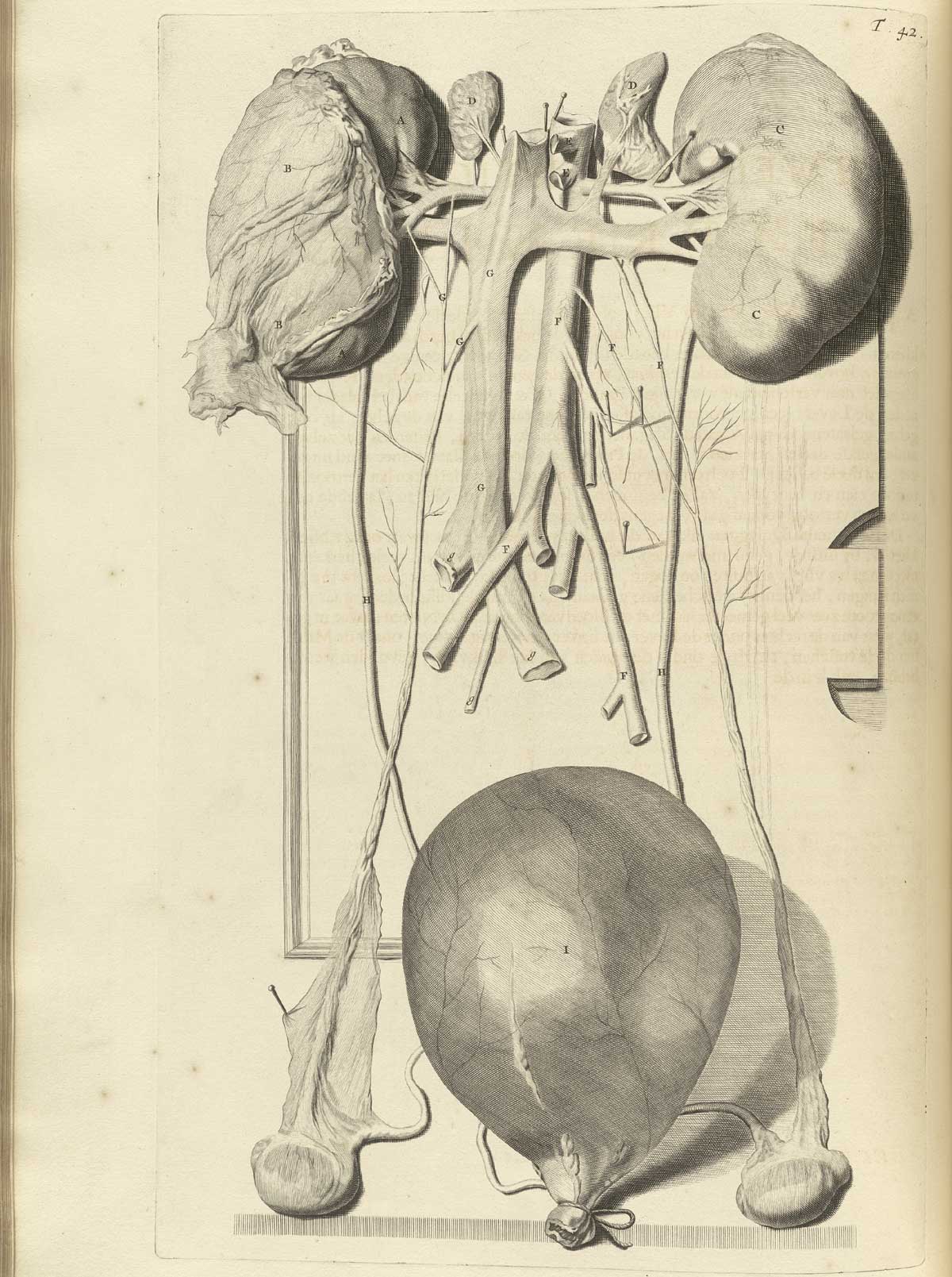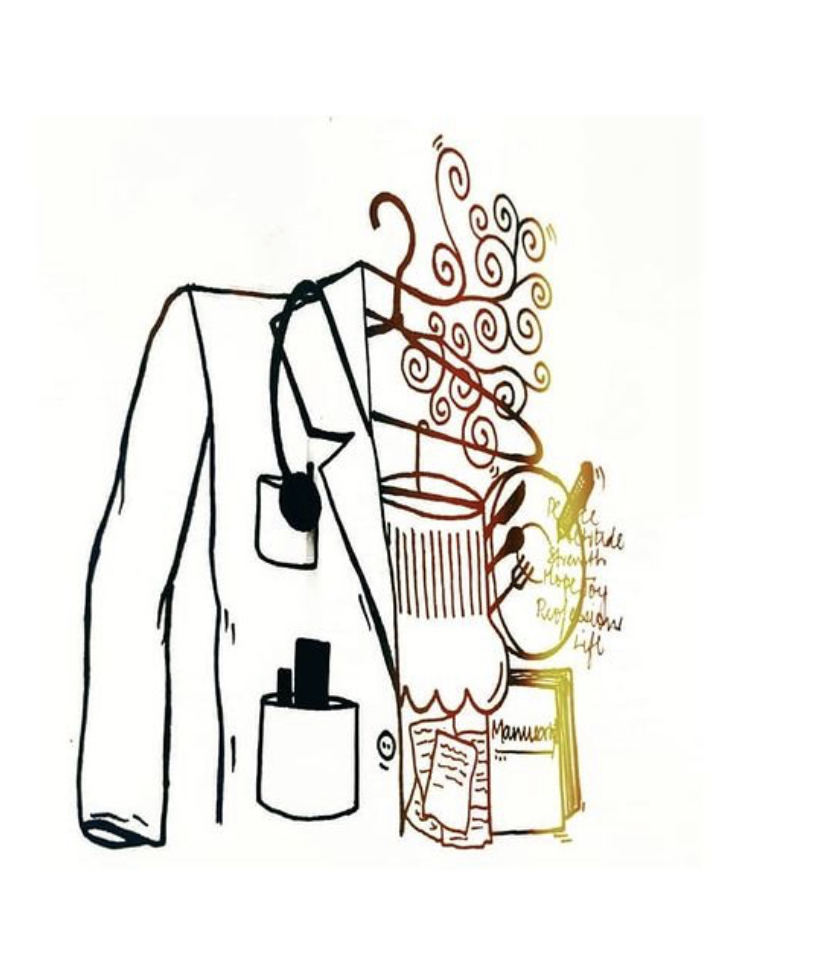In Sickness and Health: Concern for Presenteeism in Medical Trainees
Presenteeism does not simply exist for seasoned providers; it seeps down the medical training pipeline and perhaps poses the greatest threat to trainees at the start of their careers. The fear of missing out as the “beginner on the team” can be paralyzing when there is so much important knowledge beyond us. Such pressure persists longitudinally, too, as trainees at every level fear that taking time off will appear as a lack of dedication to clinical education or will result in lower performance evaluations.

